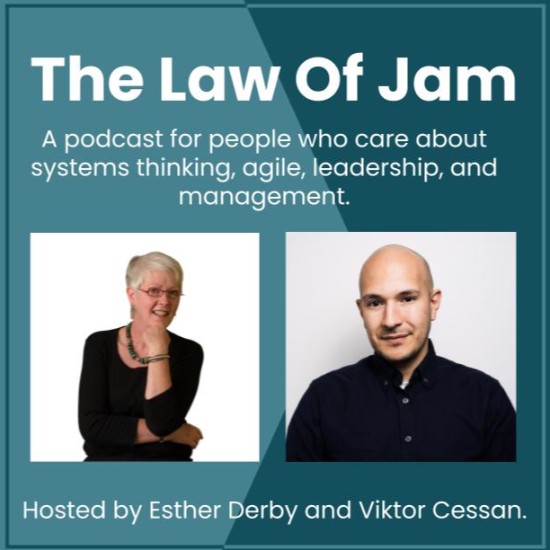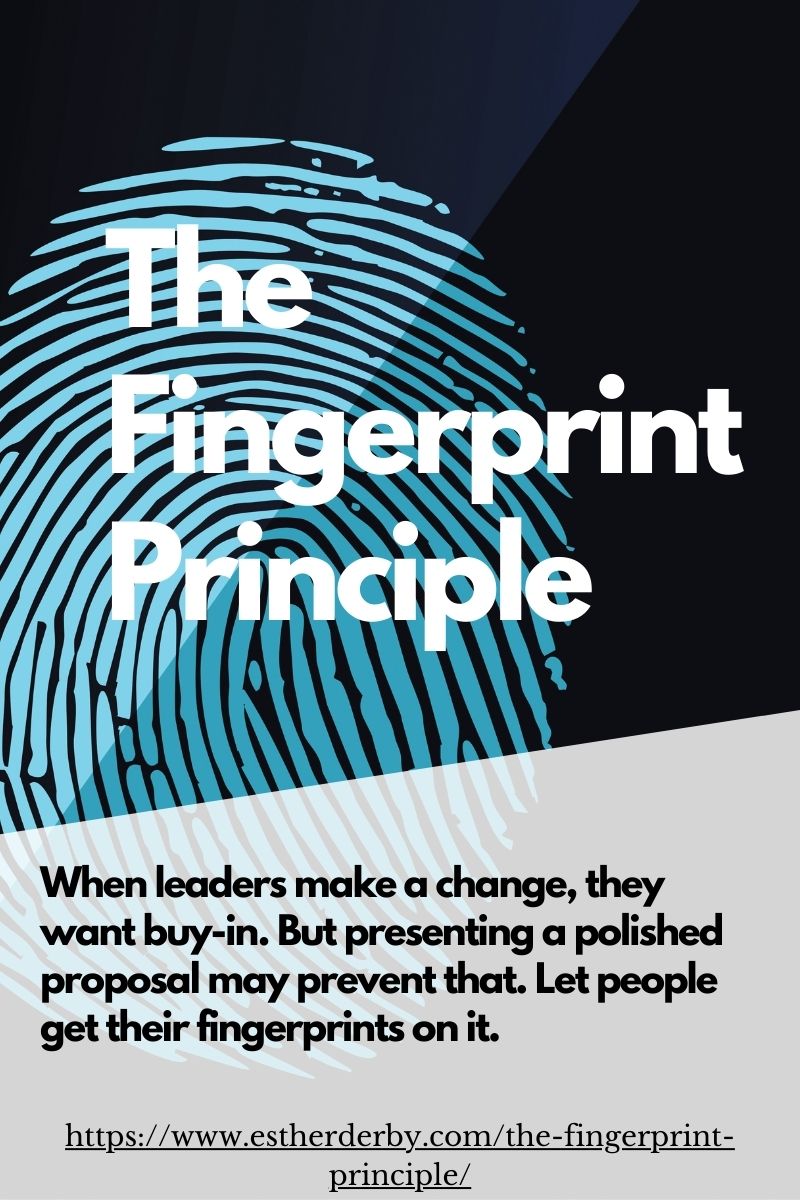A couple of weeks ago, I listened to a very funny story about economic incentives on NPR. (Something funny on economic incentives?!)
The story was about an economics professor who decided to use incentives to shape the behavior of his children. He devised an incentive program for potty training–which his toddler gamed.
So when the time came to potty train his daughter, B., he designed what seemed like an economically rational incentive: B. would receive a jelly bean every time she went to the toilet.
Once the new policy was in place, B. suddenly had to go to the toilet really, really often.
A few years later, B.’s younger brother needed to be potty trained. And Gans decided to expand the incentive system: Every time B. helped her brother go to the bathroom, she would get a treat.
“I realized that the more that goes in, the more comes out,” says B., who is now 11. “So I was just feeding my brother buckets and buckets of water.”
I see lots of incentive programs like that–so obvious they could be gamed by a child. What are the people who devise these programs thinking? Sadly, when the simple incentives produce undesired results, they come up with ever more convoluted ways to elicit the desired behavior. (There’s also a tendency to blame the people who gamed the incentive. Its as if the logic is: “We tried to manipulate you but you figured it out. Now we think you are a bad person for not cooperating with our attempt to manipulate you.”)
Rather than try to manipulate adults in the workplace, why not appeal to intrinsic motivation? Tell people why something you want them to do is important, how it connects to the mission and financial results of the company. Then remove disincentives and barriers to doing the right thing.
Anyone contemplating trying to shape behavior with measurement and incentives should read Austin’s Measuring and Managing Performance in Organizations. And then, consider that there might be a more congruent way to achieve the desired outcome.









To make things worse, how do you stop this.
At what moment will you stop giving a jelly bean for going to the toilet?
A round of applause is as affective with childrens toilettraining. And does not have the negative effect. People are not encouraged by applause they know they don’t diserve.
Indeed.
In organizational settings, when the reward goes away, the behavior can also disappear.
Something that *could* have been it’s own reward becomes part of a transaction: “In exchange for X, I will give you Y.” When Y stops, doing X for nothing feels unfair. And, withdrawing the reward–since it is almost always a one-sided decision–disrupts the relationship. And disrupting the relationship can be as damaging to work as diminishing a certain behavior.
Yves,
It feels like applause is still a kind of reward (though I agree it is probably much less damaging than candy).
Still, as parents we cannot help wanting to do something to help our children grow. How about helping the child realize the intrinsic reward in the act ? Greater autonomy, sense of growing up ?
Cheers,
–Jonathan
You might look at Alfie Kohn’s Unconditional Parenting.